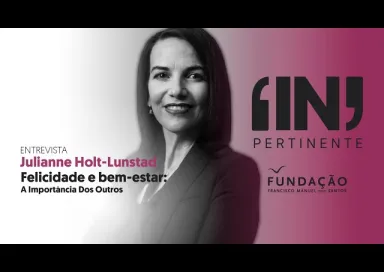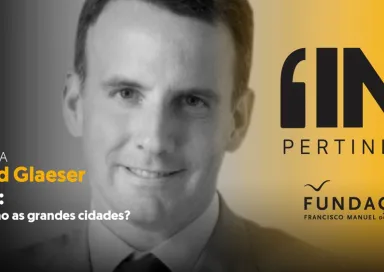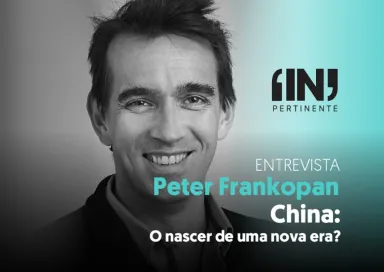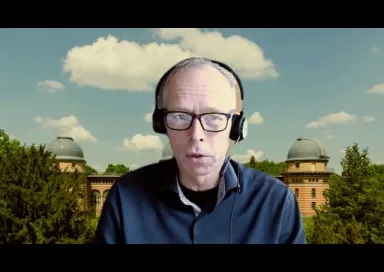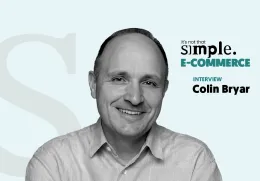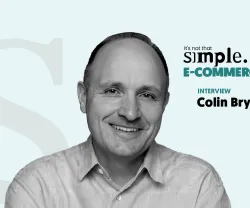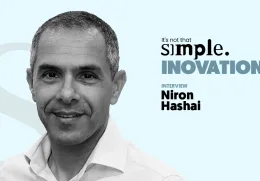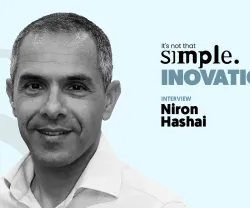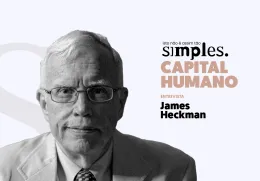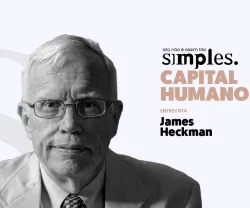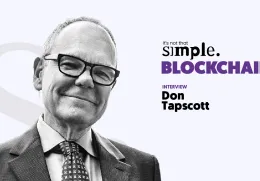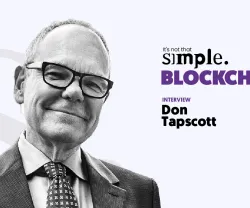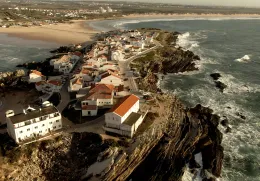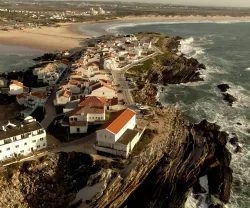«The European Union is one of the largest and richest consumer markets. And few global companies can afford not to do business in the EU», says Anu Bradford, specialist in global economics and digital regulation, who coined the term the «Brussels Effect» to describe Europe's influence on global markets.
In this «It's not that simple» interview, the author of «The Brussels Effect: How the European Union Rules the World» - named as one of the best books of 2020 by Foreign Affairs magazine - describes how, despite the dispute between the US and China regarding influence over various industries (including technology), it is in Europe that the rules of this engagement are defined.
A case in point is the strict regulations imposed by the EU and which end up becoming the global standard. Ultimately, companies in other countries face pressure to adopt them to succeed in the coveted European market.
Anu Bradford argues that «global companies like uniformity» and find the standard in Europe. She cites an example the car industry, noting that [manufacturers] don't want to have several different production lines to produce cars for each market.
The «Brussels Effect» extends to various topical issues, such as environmental protection or data privacy in the face of technological advances, including Artificial Intelligence.
For the Columbia Law School professor, stricter European environmental standards and legislation protecting personal data show how Europe has responded positively to current challenges.
But could this threaten the old continent's economic competitiveness? And could it stunt the development of the technological infrastructure? This expert disagrees, yet assures us that the European Union still has a lot to learn from the way other powers deal with failure, among other things.
Just a few days before Europeans are called upon to choose their representatives in Brussels, Anu Bradford talks about the problems we face today and those that lie ahead. «In the long term, we will see that the path that Europeans have basically made good decisions and set themselves off on the right path», she says. However, she warns that future decisions must guarantee «not only the well-being, but also the fundamental safety and security of Europeans».
Institute of International and European Affairs interview about the book The Brussels Effect: How the European Union Rules the World
Digital Empires: The Global Battle to Regulate Technology, with Anu Bradford
Podcast episode: International Law Behind the Headlines
Tech Policy.Press interview
Anu Bradford's X (Twitter)
Anu Bradford's LinkedIn

Big issues, big names in a new programme dedicated to interviews with international personalities from the world of politics, economics and society. These conversations with special guests, conducted by journalist Pedro Pinto, aim to simplify and help demystify some of today's most important issues. Every month, on the Foundation's website.


